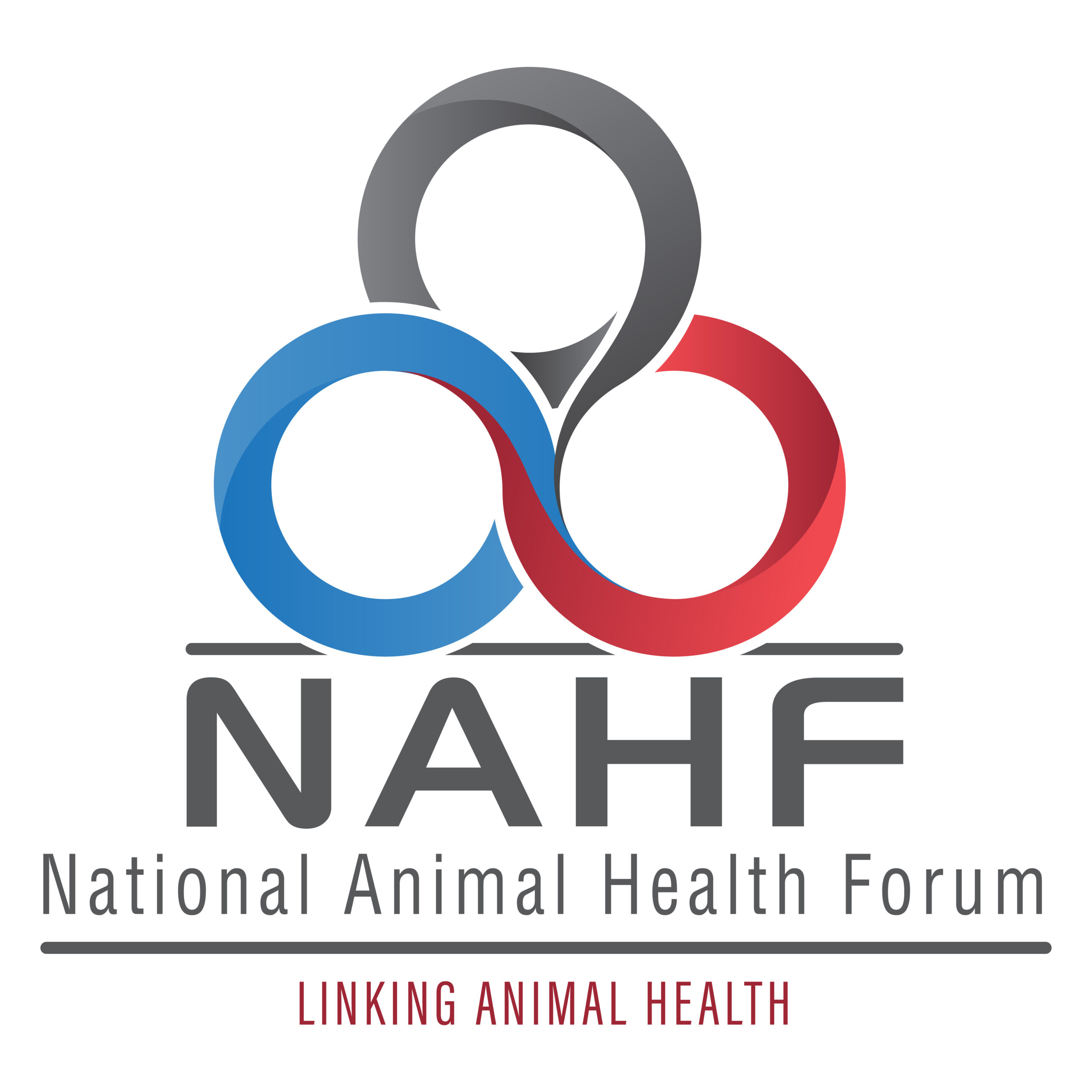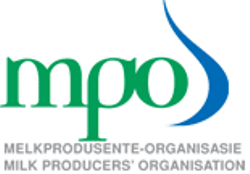
Milk and dairy foods are a vital source of iodine which is a nutrient of particular concern to pregnant women, experts were told at the International Dairy Federation’s (IDF) World Dairy Summit held in Belfast, Ireland this week. Most populations get iodine from a number of sources, but milk and dairy foods are the largest source in the UK diet. Professor Margaret Rayman, Professor of Nutritional Medicine at the University of Surrey, said that mild-to-moderate iodine deficiency is present amongst many pregnant women in the UK.
International Dairy Federation (IDF) World Dairy Summit 2017:
Milk and dairy foods are a vital source of iodine which is a nutrient of particular concern to pregnant women, experts were told at the International Dairy Federation’s (IDF) World Dairy Summit today
Most populations get iodine from a number of sources, but milk and dairy foods are the largest source in the UK diet. Milk produced in the UK is a richer source of iodine than is milk in most other countries.
Speaking at the IDF World Dairy Summit in Belfast today, Professor Margaret Rayman, Professor of Nutritional Medicine at the University of Surrey, said that mild-to-moderate iodine deficiency is present amongst many pregnant women in the UK.
She said: “This is of considerable concern as iodine is required for the synthesis of the thyroid hormones that are crucial for brain and psychomotor development of the baby.”
The biggest sources of iodine in the diet are milk, yogurt and goat’s cheese.
Professor Rayman, added: “Milk-alternative drinks tend to have very low levels of iodine. Pregnant women in particular need to be careful when switching to milk-alternatives to ensure they’re not missing out on key nutrients that they would otherwise get from cow’s milk.”
Dr Kirsty Pourshahidi, Research Fellow, NICHE, Ulster University, also spoke during the session about the important role milk and dairy products can make to vitamin D intakes.
Dr Judith Bryans, President of the IDF and Chief Executive of Dairy UK: “Iodine is an important micronutrient that is often overlooked by consumers. It is vital that the dairy industry fills the knowledge gap and continues to educates consumers about the nutritional benefits of dairy foods.”
Dr David Luyt, Consultant Paediatrician, Children’s Allergy Service, Leicester Royal Infirmary and Honorary Senior Lecturer, University of Leicester, also spoke during the session about the advances being made to manage cow’s milk protein allergy.

Milk and dairy foods are a vital source of iodine which is a nutrient of particular concern to pregnant women, experts were told at the International Dairy Federation’s (IDF) World Dairy Summit held in Belfast, Ireland this week. Most populations get iodine from a number of sources, but milk and dairy foods are the largest source in the UK diet. Professor Margaret Rayman, Professor of Nutritional Medicine at the University of Surrey, said that mild-to-moderate iodine deficiency is present amongst many pregnant women in the UK.
Published on Wednesday, 1st November 2017 - 17:48
Recent Posts
disclaimer









